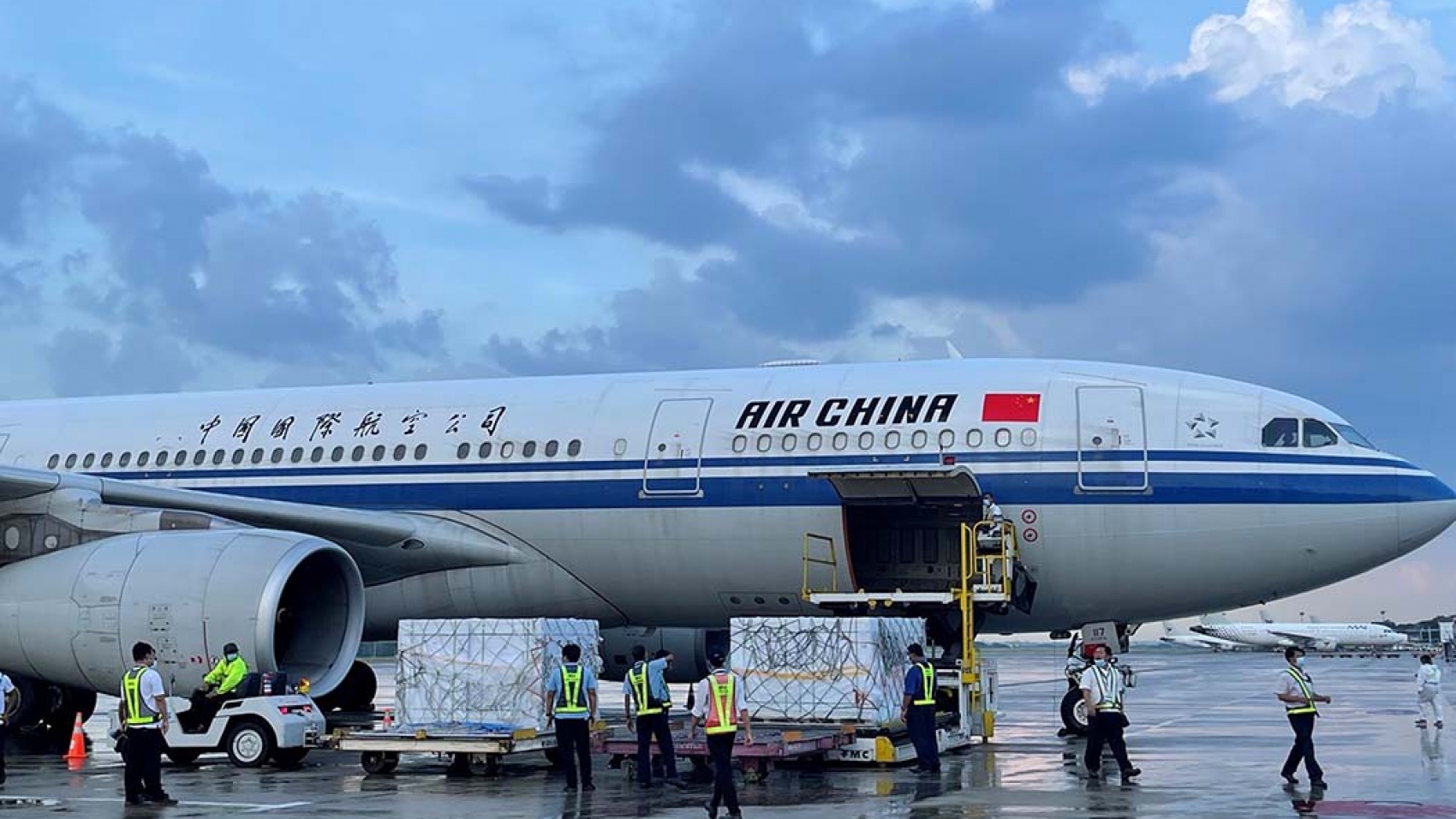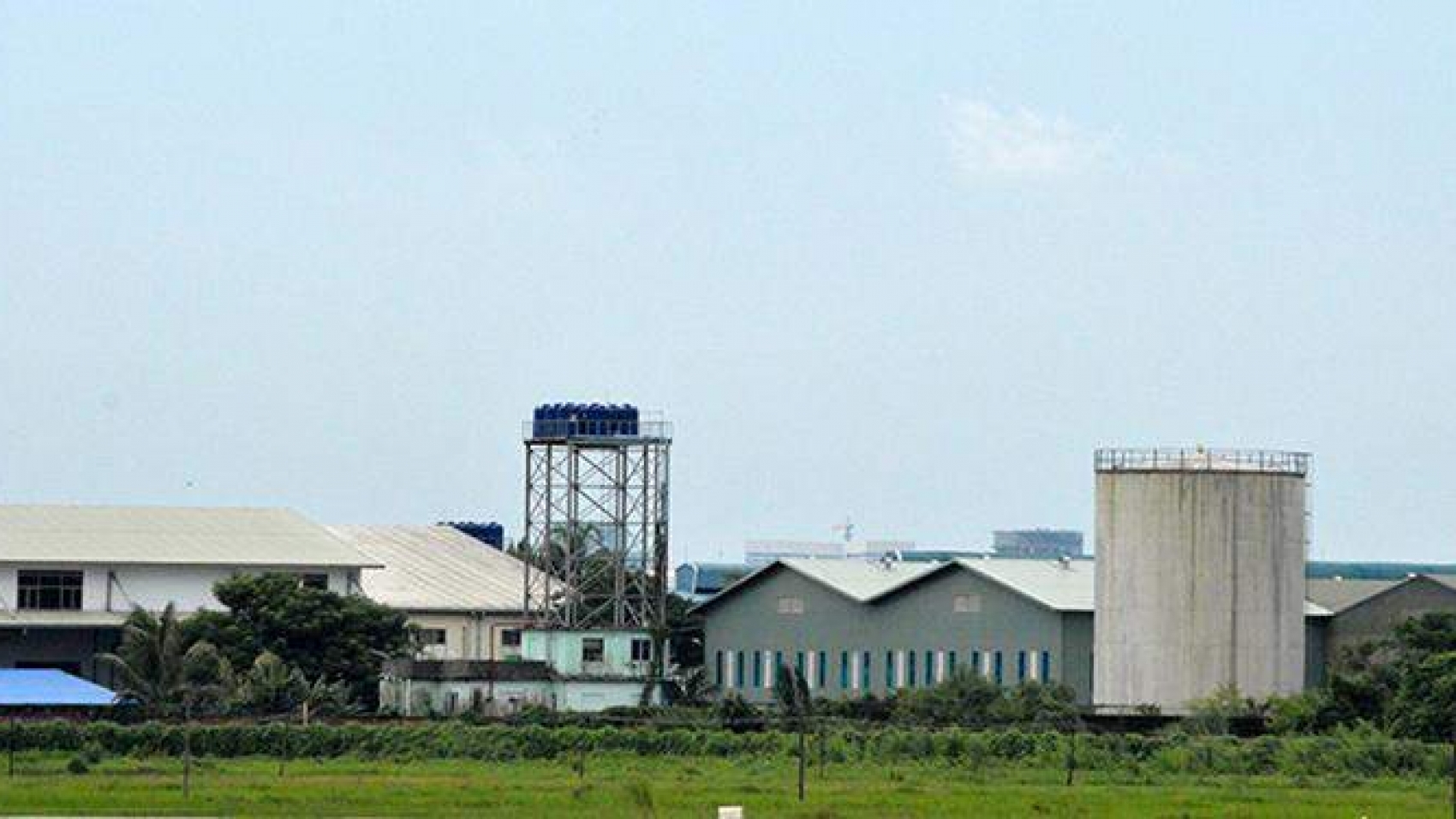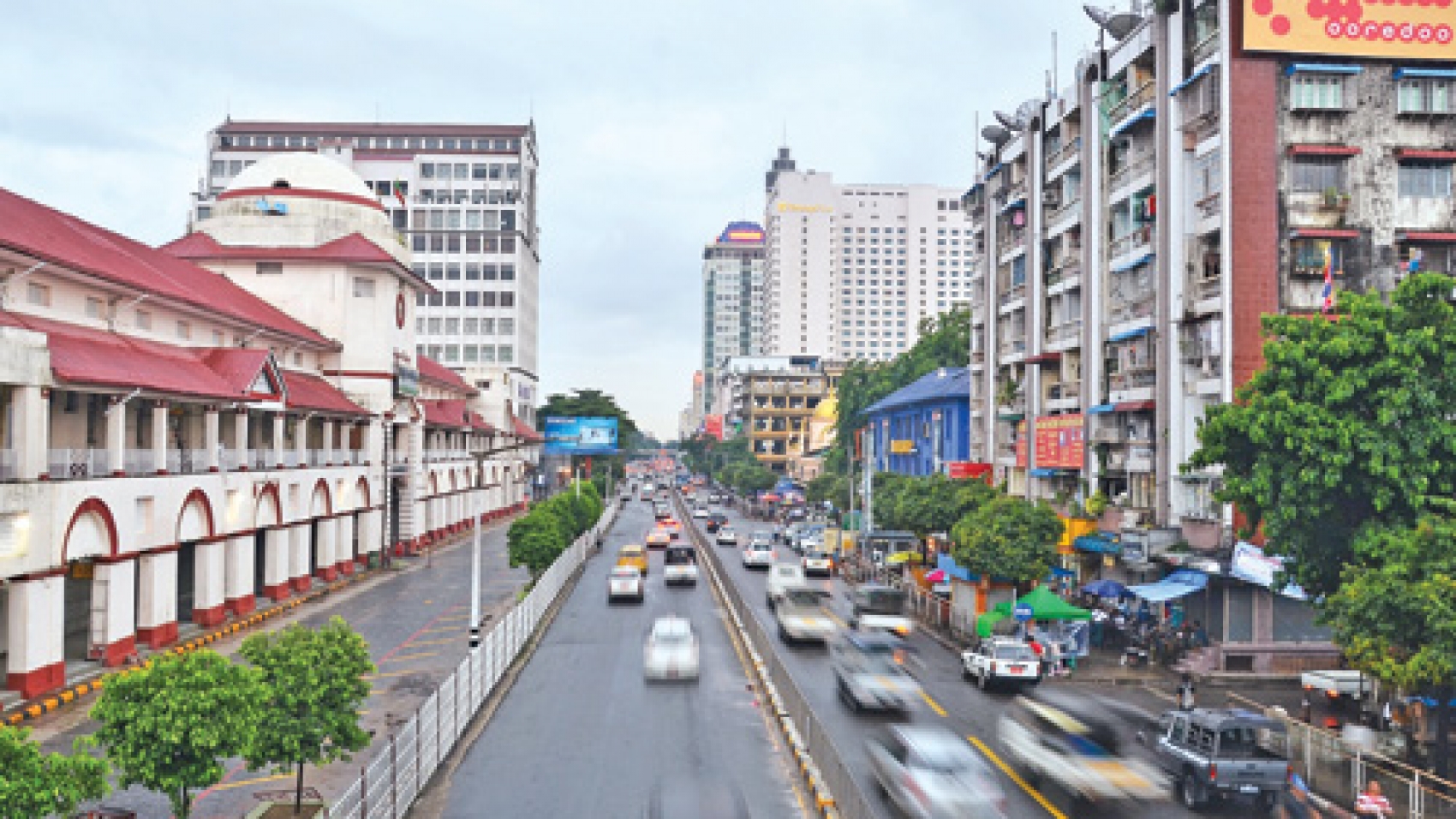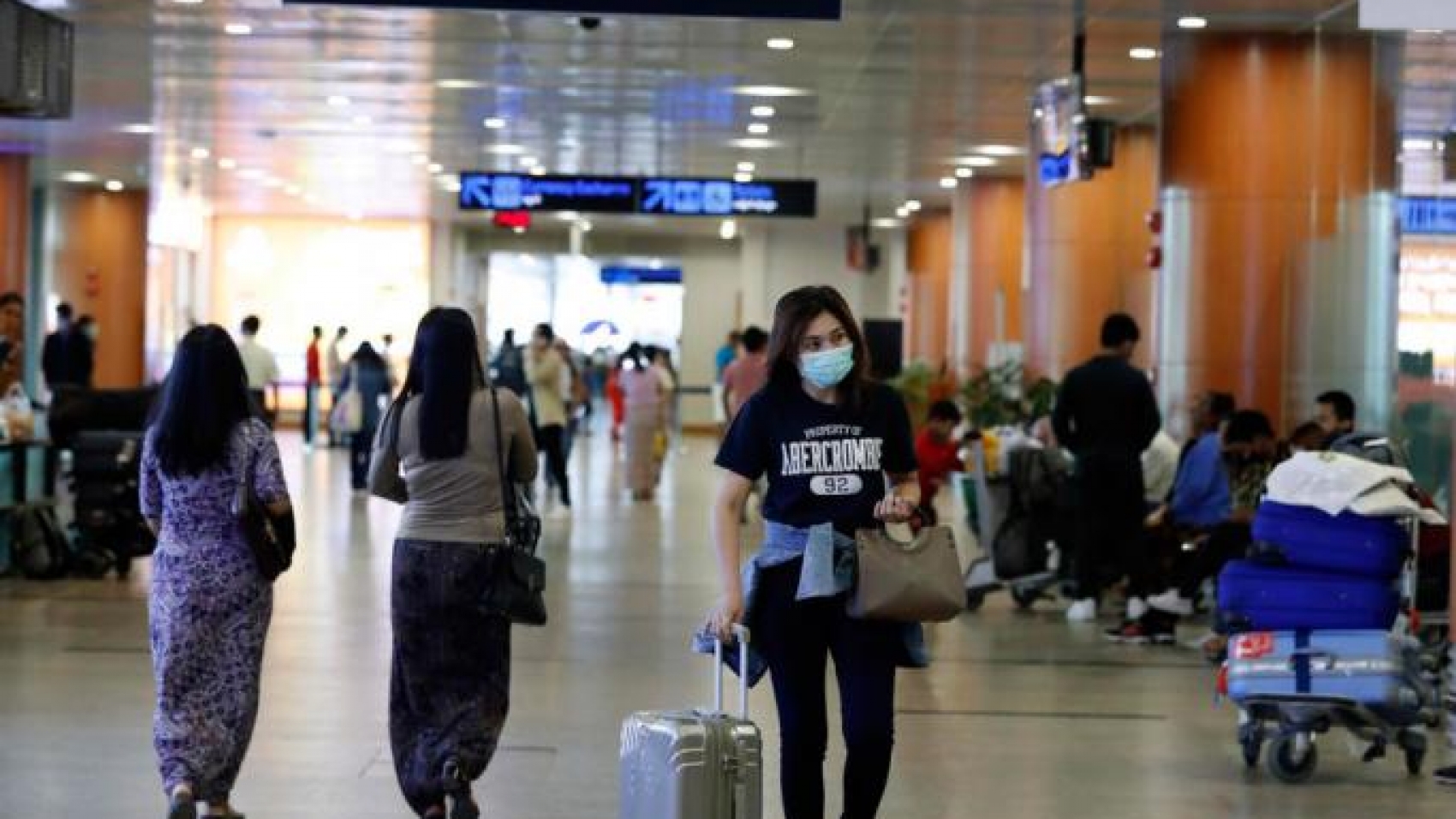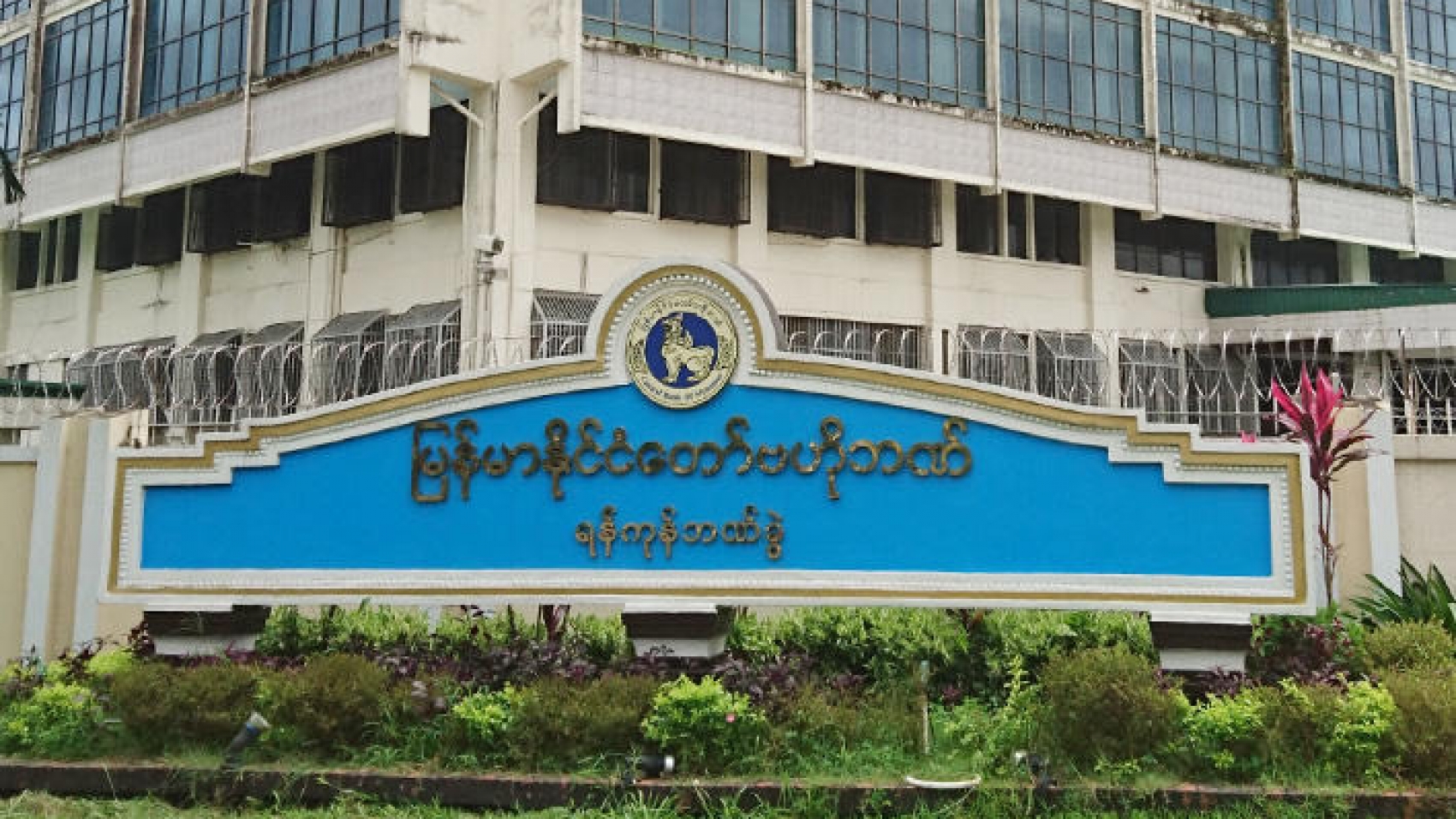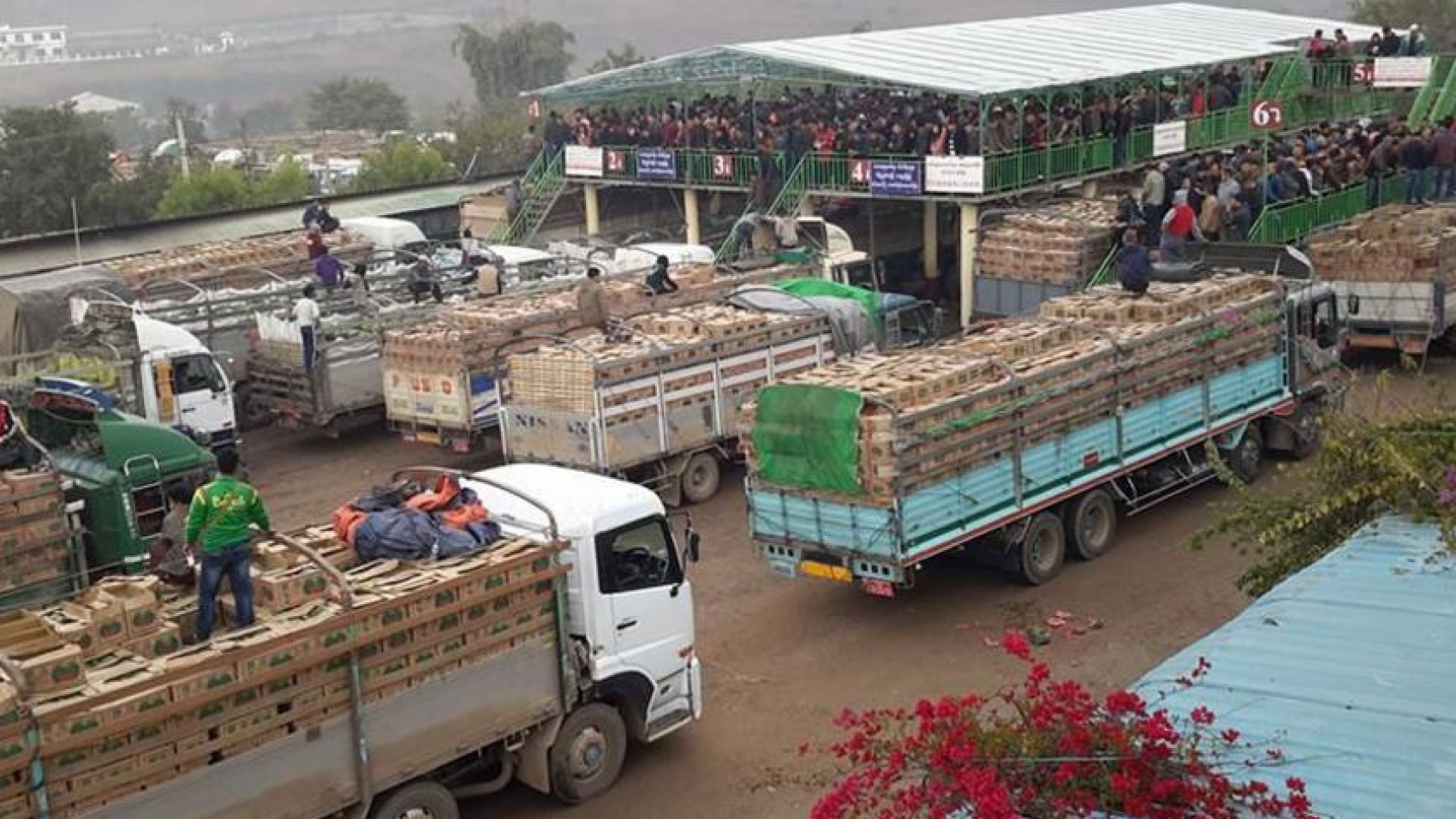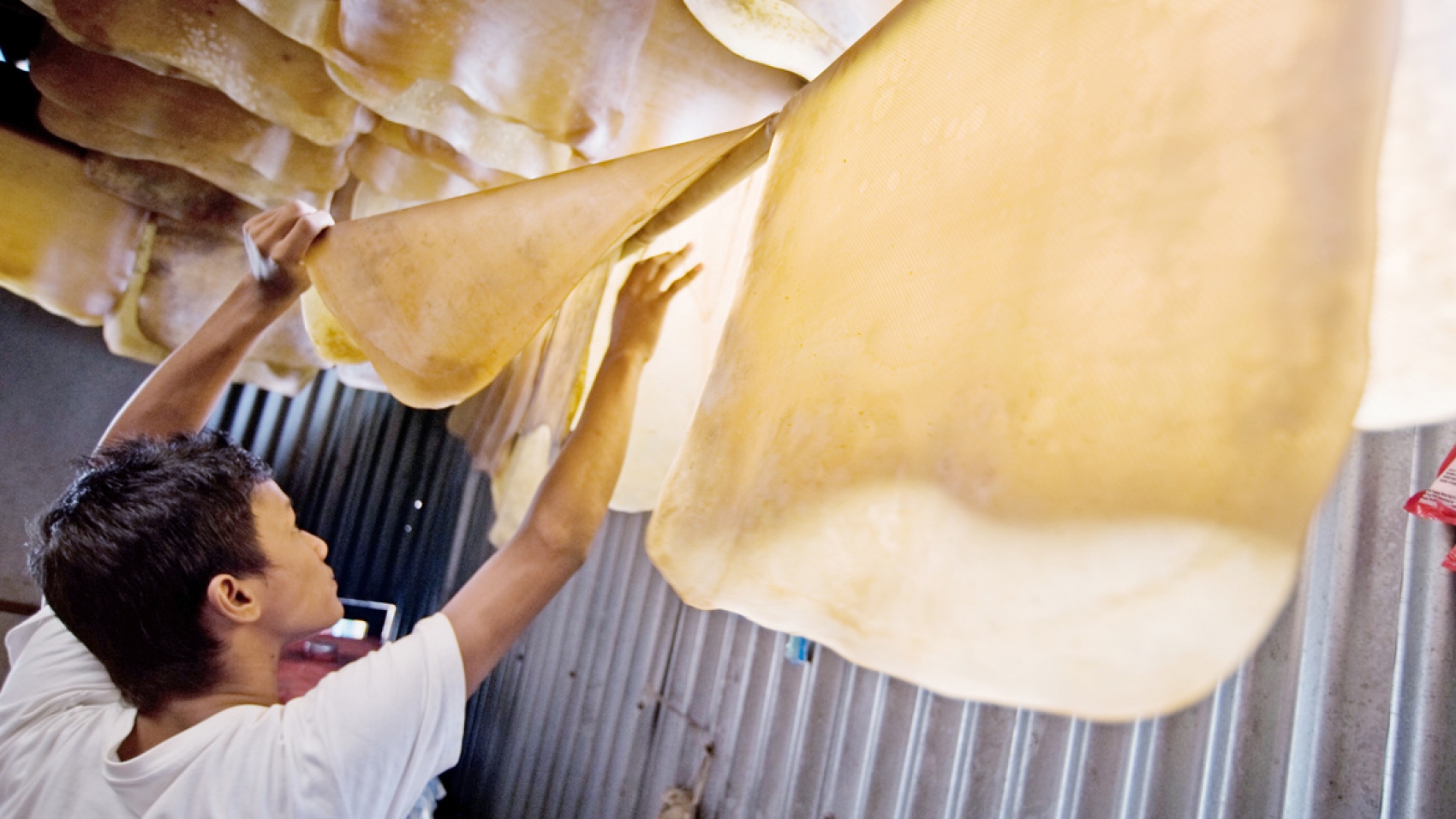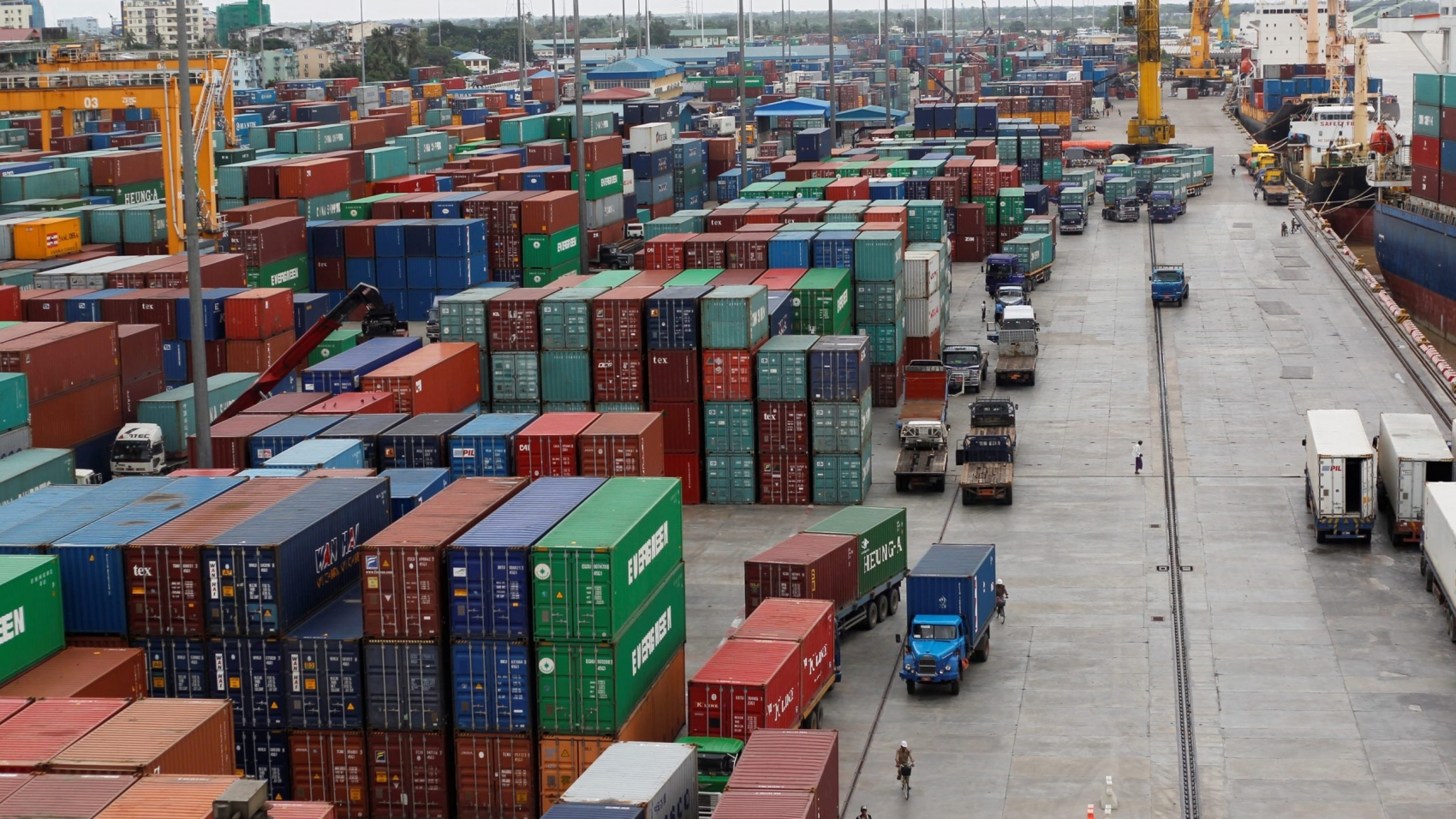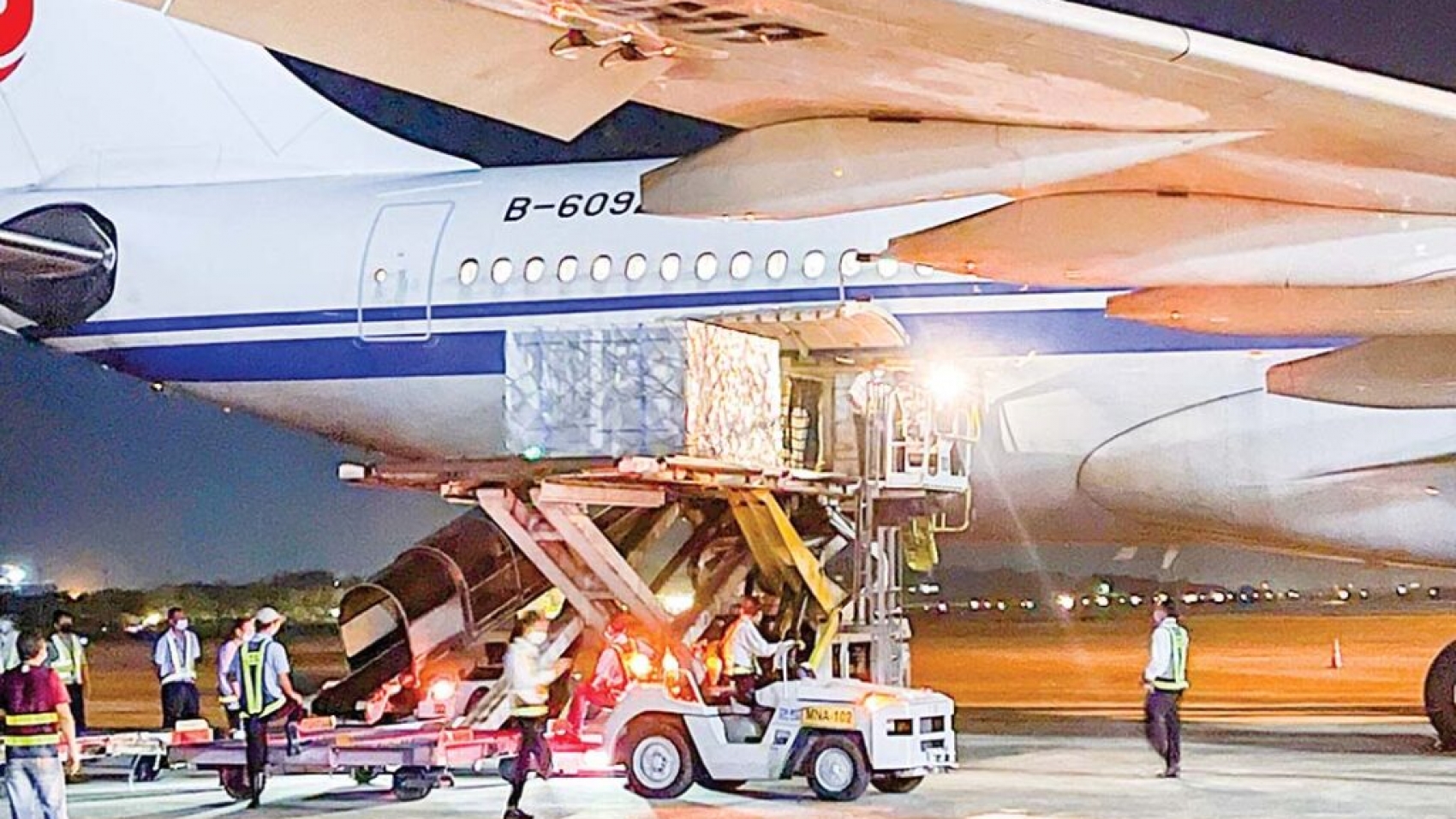The People’s Republic of China donated one million doses of the Sinovac COVID-19 vaccine to Myanmar yesterday. The donation ceremony was held through videoconferencing and attended by Union Minister for Health Dr Thet Khaing Win, Chinese Ambassador to Myanmar Mr Chen Hai and officials.
The Union Minister expressed words of appreciation for the donation at the ceremony and it was concluded in the evening after discussions on issues such as cooperation for COVID-19 immunization, increased monitoring and deployment of health workers along the border, including in Shan State and Kachin State, to reopen the border trade posts and to ensure timely treatment, and implementation of the Myanmar Centre of Disease Control supported by China and the establishment of a training school for healthcare workers.
With the donated one million doses of the vaccine and another one million doses purchased from China, which both arrived yesterday, the vaccination against COVID-19 will be continued for the students over the age of 12 across Myanmar. These vaccines will be distributed to regions and states based on the requirement, via road transport or with the helpof the Tatmadaw (Air) and Myanmar airways by maintaining the cold chain.
As of 11 November 2021, 9.3 million people have been fully vaccinated while 5.1 million people have received the first dose of the COVID-19 vaccine in Myanmar, making the total dose 23.7 million. As a measure to prevent and control the spread of COVID-19, The Ministry of Health is administering the COVID-19 vaccines to the target groups. The people are urged to receive the COVID-19 vaccines, and those who have already received the first dose are encouraged to go to the nearest immunization centre and receive the second dose on the scheduled immunization date or near the due date, as well as to actively participate in the vaccination activities.
Source: The Global New Light of Myanmar

